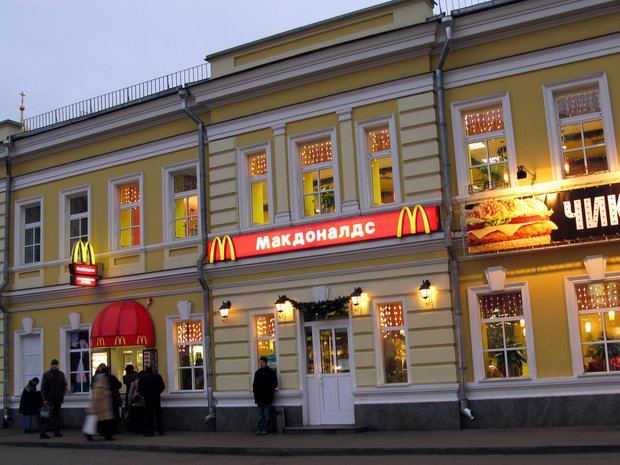Russian McDonald’s to make fries from homegrown potatoes
The fast-food chain continues to localise its supplies to lessen dependence on ruble volatility
McDonald's prefers using local ingredients when preparing its Big Macs and other internationally known dishes. In Russia, however, it relied on frozen French fries from the Netherlands and Poland. Now the chain's restaurants across Russia will get frozen fries from a new plant near Lipetsk. Thus, the company will raise the share of locally sourced products to 98%.
French fries at McDonald's restaurants from Moscow to Murmansk will be Russian from now on, reports Reuters. A new plant near Lipetsk will process up to 200,000 tonnes of potatoes from local farms annually. The plant, worth 8,7 billion rubles, was built by the Russian agricultural group Belaya Dacha and the Netherlands-based Lamb Weston Meijer. Both companies are long-time partners of McDonald's.
''This gives us the possibility to continue our development in a more stable way,'' said Chairman of McDonald's Russia Khamzat Khasbulatov. ''It minimises the risks connected to customs and administrative decisions and guarantees stable, predictable prices in rubles.'' According to the company's head, it was the ruble's volatility that largely drove the company's interest in localisation.
Until now, McDonald's in Russia had relied on the frozen product from the Netherlands and Poland because Russian spuds weren't quite suitable in terms of quality. ''There was no potato which would suit us in terms of quality — colour, taste, size – these are all the details that are important for us,'' Khasbulatov explained. The company tried to implement a project to use local potatoes in 2011 but failed when European financing was frozen in 2014.

According to Khasbulatov, sanctions and counter-sanctions affect not only McDonald's but also the whole industry and the economy. ''But in any case, we continue our development, continue to build new restaurants and modernise existing ones,'' he emphasised. McDonald's operates 651 outlets in Russia, has 50,000 Russian employees and more than 160 domestic suppliers. In 2017, the chain opened 41 new restaurants in the country. With the new plant, the share of the company's locally sourced products will increase to 98%.
After the dramatic drops in 2014 and 2016 caused by the global oil glut and Western sanctions against Russia, the ruble has partially recovered amid an increase in oil prices. Russia has also banned some of Western food imports in retaliation for the sanctions.